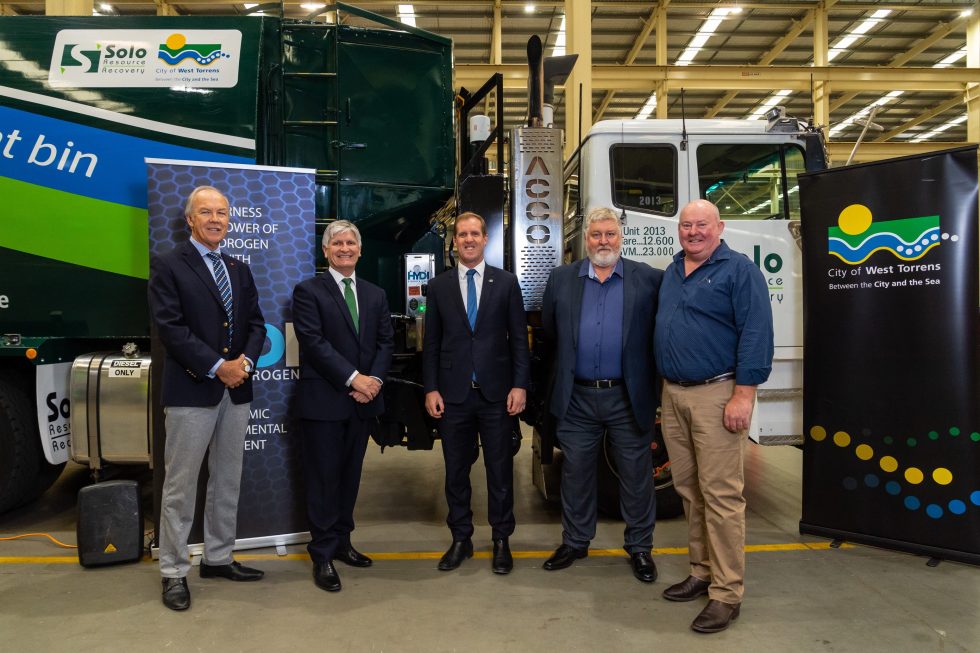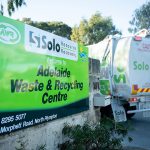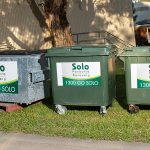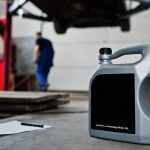Solo Featured in The South Australian Advertiser: Flying Solo on Hydrogen

A pioneering technology set to revolutionise fuel efficiency and curb emissions from large diesel engines is poised for nationwide implementation, thanks to a partnership between its creator, HYDI, and waste management company Solo Resource Recovery. The innovation, termed “hydrogen-on-demand,” hails from Thebarton-based HYDI and operates by using distilled water and low-voltage electricity from a vehicle’s electrical system to generate hydrogen.
This hydrogen infusion complements the fuel, enhancing the combustion process and leading to a substantial reduction of diesel particulate matter and other greenhouse gas emissions by as much as 80 percent.
The initial deployment of the HYDI system has commenced on waste collection vehicles serving the City of West Torrens, with plans by Solo to outfit their trucks in Perth and NSW with this technology.
Roger van der Lee, CEO of HYDI, highlighted the significant economic and environmental advantages of the technology, emphasising its groundbreaking utilisation of minimal water and power.
Van der Lee emphasised the immediate impact this technology could have, especially given the long lifespans of existing heavy industry assets, transport, and buses, which often span over 20 years.
While many focus on futuristic technologies that demand substantial investments and lengthy development periods, the HYDI retrofit unit promises a substantial and prompt contribution to reducing transport-related carbon emissions while also proving cost-effective through reduced fuel consumption.
Unlike past endeavors hindered by safety and logistical concerns regarding hydrogen’s volatility, the compact HYDI system is specifically designed as an add-on for large diesel engines, injecting hydrogen just before combustion.
This injection process facilitates quicker ignition and more complete fuel combustion, resulting in increased power output using less fuel and emitting fewer pollutants.
During a trial spanning five months, the HYDI device demonstrated an average fuel economy improvement of 12.5 percent when integrated into a suburban Adelaide public transport bus.
Jonathan Rose, Solo’s operations supervisor, emphasised the potential of this technology to shrink the company’s carbon footprint, describing it as a concrete step towards emission reduction through immediately impactful and economically viable means.
Van der Lee revealed that the HYDI units have already found applications in heavy transport, mining, agriculture, and marine industries worldwide, garnering interest from the Netherlands, Britain, and New Zealand.
Looking ahead, he aims to establish an expanded manufacturing facility in South Australia to meet the growing demand, creating job opportunities domestically and internationally as interest in this technology escalates.
Adelaide Waste and Recycling Centre
Our friendly operators are available at the AWRC if you need to clarify any further information.


